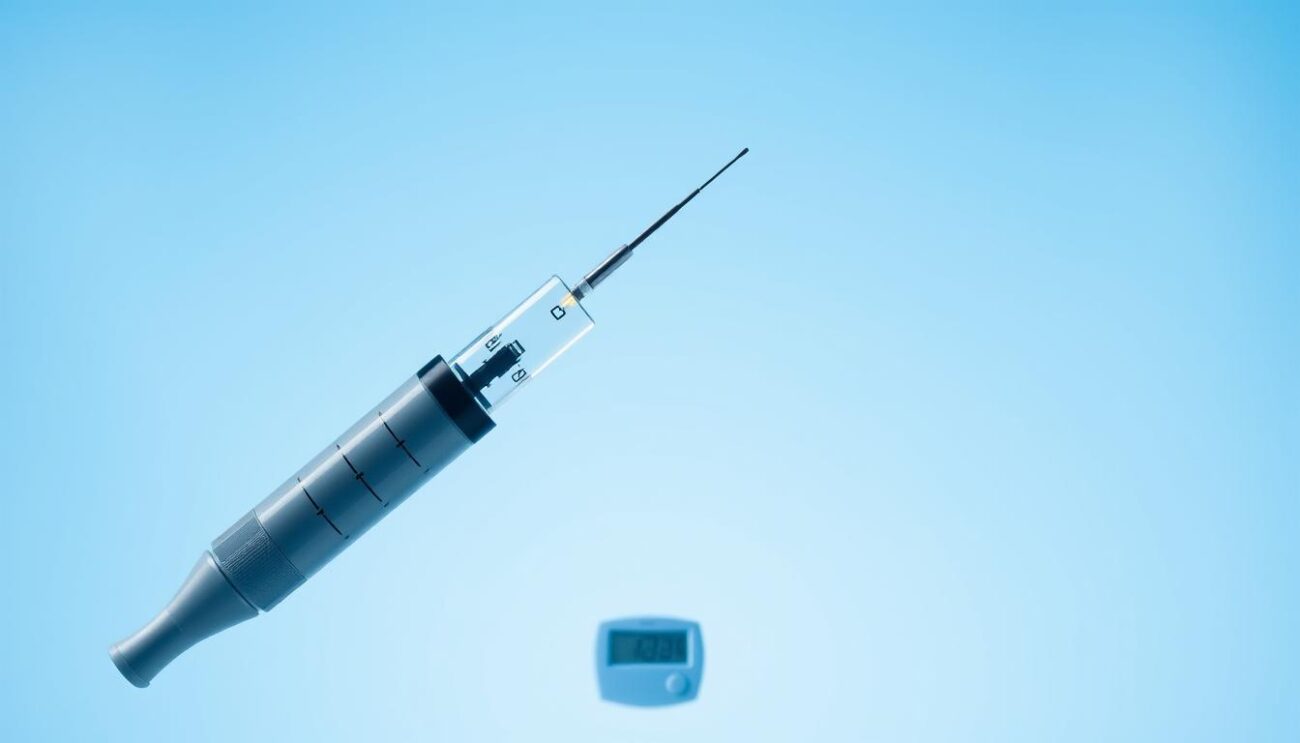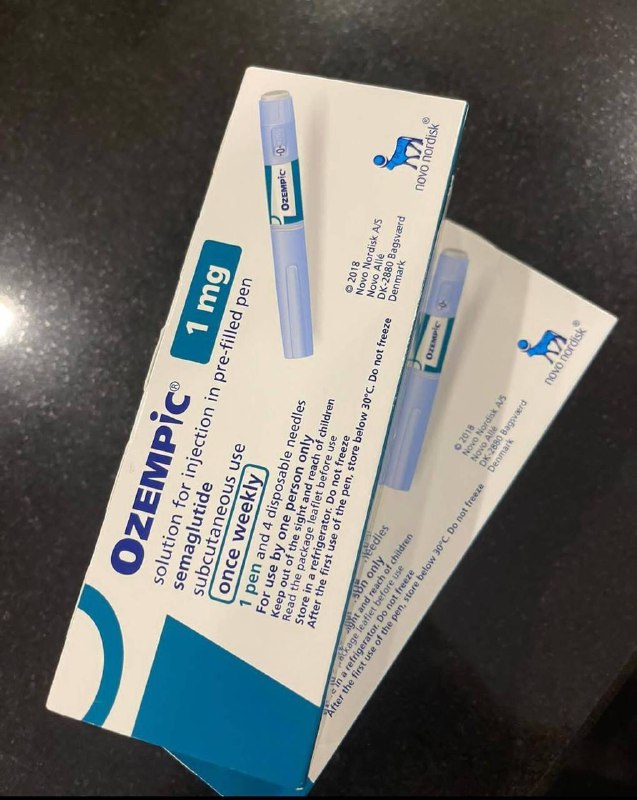Did you know that about 1 out of 3 adults with diabetes has kidney disease? This is a big problem. We need to take steps to protect our kidneys if we have diabetes. In this article, we’ll look at important ways to lower your risk of diabetic kidney disease and keep your kidneys healthy.
The material provides key strategies for preventing diabetic kidney disease. These include controlling blood sugar, regular check-ups, a healthy lifestyle, and following your medication. By using these proven methods, people with diabetes can lower their risk of kidney problems and keep their kidneys in good shape.
Key Takeaways
- Diabetic kidney disease is a serious complication of diabetes that can lead to kidney failure if left unmanaged.
- Controlling blood sugar levels, managing blood pressure, and adhering to medication regimens are crucial for preventing diabetic kidney disease.
- Adopting a healthy lifestyle, including a balanced diet, regular exercise, and stress management, can help protect your kidneys.
- Early detection and screening are essential for identifying kidney problems early and implementing appropriate interventions.
- Maintaining a multidisciplinary approach, with regular check-ups and collaboration with healthcare providers, is key to preventing and managing diabetic kidney disease.
Understanding Diabetic Kidney Disease
Causes and Risk Factors
Diabetic kidney disease, or diabetic nephropathy, is a serious issue for people with diabetes. It happens when high blood sugar, high blood pressure, and other health problems work together. The main risks are not controlling diabetes well, having diabetes for a long time, high blood pressure, being overweight, and a family history of kidney disease.
Symptoms and Progression
In the early stages, diabetic kidney disease may not show any clear signs. But as it gets worse, people might notice more urine, swelling, tiredness, and other signs of kidney decline. If not managed, it can lead to kidney failure. Studies show that about 2% of diabetes patients get kidney disease each year.
It can go from microalbuminuria (30 to 300 mg per day) to macroalbuminuria (more than 300 mg per day) in 25% of patients within 10 years after a type 2 diabetes diagnosis.
The number of people with diabetic kidney disease in the U.S. is growing. About 1 in 3 diabetes patients have it. Finding it early and managing it well can slow its progress and prevent kidney failure.
Importance of Blood Sugar Control
Keeping blood sugar levels in check is key to stopping and managing diabetic kidney disease. Regular monitoring of blood glucose levels is vital. This can be done with home tests or hemoglobin A1C tests. It helps people with diabetes track their health and adjust their treatment plans.
Monitoring Blood Glucose Levels
Watching blood glucose levels closely helps people with diabetes spot patterns. This knowledge lets them make better choices about their diet, exercise, and medicine. This careful approach can slow kidney damage and lower the risk of kidney failure.
Dietary Recommendations
- Limit protein intake to help reduce the workload on the kidneys.
- Reduce sodium consumption to maintain healthy blood pressure levels.
- Emphasize the consumption of whole, unprocessed foods that are low in added sugars and high in fiber.
Following a kidney-friendly diet and managing blood sugar levels well can protect kidney health. It helps prevent diabetic kidney disease.
“Diabetes is the leading cause of kidney failure, accounting for 44% of new cases. Maintaining tight control over blood sugar levels is crucial in preventing and managing diabetic kidney disease.”
Managing Blood Pressure and Heart Health
Keeping blood pressure healthy is key for those with diabetic kidney disease. High blood pressure can harm the kidneys more. Using medicines like ACE inhibitors helps protect the kidneys.
It’s also important to tackle other heart risks like high cholesterol and obesity. These can hurt the kidneys and increase heart disease risk. A full approach to heart health can lower heart disease risk and boost overall well-being.
The Importance of Blood Pressure Management
The CDC says almost half of U.S. adults, or 108 million, have high blood pressure. It’s a big cause of kidney failure, after diabetes. Keeping blood pressure in check is vital for those with diabetic kidney disease.
Addressing Cardiovascular Risk Factors
High cholesterol and obesity also play a part in diabetic kidney disease. Lifestyle changes, medicine, and regular checks can help. This can lower heart disease risk, a common problem with this condition.
| Cardiovascular Risk Factor | Impact on Diabetic Kidney Disease |
|---|---|
| High Blood Pressure | Leads to further kidney damage and increased risk of kidney failure |
| High Cholesterol | Increases the risk of heart disease, a common complication of diabetic kidney disease |
| Obesity | Contributes to the development and progression of both diabetes and kidney disease |
By tackling these heart risks with lifestyle changes, medicine, and monitoring, people with diabetic kidney disease can get healthier. This reduces the chance of heart problems.
Medications and Treatment Options
Several medications can help manage diabetic kidney disease. ACE inhibitors and ARBs are especially useful. They lower blood pressure and reduce protein in the urine, which is a sign of kidney damage.
ACE Inhibitors and ARBs
ACE (angiotensin-converting enzyme) inhibitors and ARBs (angiotensin II receptor blockers) are key in treating diabetic kidney disease. They widen blood vessels, which lowers blood pressure and reduces kidney strain.
SGLT2 Inhibitors and GLP-1 Agonists
SGLT2 inhibitors and GLP-1 agonists have also shown benefits for the kidneys. They help control blood sugar and protect against kidney damage and heart problems in people with diabetic kidney disease.
“SGLT-2 inhibitors have been shown to reduce the risk of kidney failure in individuals with type 2 diabetes and kidney disease by about 30 to 40%.”
The SGLT2 inhibitor class includes Invokana® (canagliflozin), Farxiga® (dapagliflozin), Jardiance® (empagliflozin), and Steglatro® (ertugliflozin). Kerendia® is in the Finerenone class. The GLP-1 RA class includes Trulicity® (Dulaglutide), BYDUREON BCise® (Exenatide extended-release), Byetta® (Exenatide), Ozempic® (Semaglutide injection), Victoza® (Liraglutide), Saxenda® (Liraglutide), Rybelsus® (Semaglutide oral), and Mounjaro™ (tirzepatide).
Lifestyle Modifications for Prevention
Healthy habits are key in preventing and managing diabetic kidney disease. Eating right and staying active can boost insulin sensitivity and lower blood pressure. This helps ease the load on your kidneys.
Achieving a Healthy Weight
Managing your weight is vital for those with diabetic kidney disease. A balanced diet and regular exercise can help you reach a healthy weight. This improves insulin sensitivity and blood pressure, easing kidney strain.
Regular Exercise Routine
- Sticking to a exercise routine like cardio, strength training, or both helps control blood sugar. It also boosts heart health, which is key for those with diabetic kidney disease.
- Studies show that exercise is good for heart health in type 1 diabetes patients. It improves insulin sensitivity without lowering oxygen uptake.
- Leisure activities also lower kidney disease risk in type 1 diabetes patients. This highlights exercise’s role in preventing kidney issues.
By making these lifestyle modifications, you can actively manage diabetic kidney disease. A balanced diet, regular exercise, and a healthy weight are crucial. They help prevent and manage diabetic kidney disease effectively.
“Adherence to a low-risk, healthy lifestyle was associated with a reduced risk of sudden cardiac death among women, emphasizing the importance of lifestyle modifications in preventing adverse outcomes.”
diabetic kidney disease prevention: Early Detection and Screening
Early detection of diabetic kidney disease is key to preventing and managing it. Regular blood and urine tests can spot kidney problems early, even before symptoms appear. This early catch allows for quick action and treatment to slow the disease’s progress.
Measuring the glomerular filtration rate (GFR) is a crucial test. It checks how well the kidneys filter waste from the blood. The urine albumin-to-creatinine ratio (UACR) also helps find protein in the urine, a sign of kidney damage.
- The American Diabetes Association suggests yearly screenings for early detection diabetic kidney disease for all with diabetes, starting at diagnosis.
- People with diabetes should regularly check in with their doctors. This ensures any kidney issues are caught and treated quickly.
Screening for diabetic kidney disease early lets for early action. This can include changing lifestyle habits, adjusting medications, and closely watching blood sugar and blood pressure. This approach can greatly improve health outcomes and prevent serious kidney problems linked to diabetes.
| Screening Test | Frequency | Purpose |
|---|---|---|
| Glomerular Filtration Rate (GFR) | Annually | Assess kidney function |
| Urine Albumin-to-Creatinine Ratio (UACR) | Annually | Detect protein in the urine |
“Early detection of diabetic kidney disease is crucial for effective prevention and management. Regular screening can help identify signs of kidney dysfunction at an early stage, allowing for timely intervention and treatment.”
By focusing on early detection and screening, people with diabetes can protect their kidneys. This reduces the risk of serious complications in the long run.
Dietary and Nutrition Strategies
Diet and nutrition are key in managing diabetic kidney disease. Eating less protein helps the kidneys work less hard and slows damage. Also, eating less sodium, to under 2,300 milligrams a day, helps control blood pressure and protects the kidneys.
Low-Protein Diet for Diabetic Kidney Disease
Eating less protein, about 0.8 to 1.0 grams per kilogram of body weight daily, is good for diabetic kidney disease. It reduces the waste and byproducts the kidneys filter, easing their workload.
Limiting Sodium Intake for Diabetic Kidney Disease
Keeping sodium intake low is also vital for diabetic kidney disease. Eating less than 2,300 milligrams of sodium daily helps control blood pressure and protects the kidneys. People with diabetic kidney disease should watch their sodium intake closely to keep their kidneys healthy.
Working with a registered dietitian can help create a meal plan tailored to your needs. This plan helps manage diabetic kidney disease and improves health. A balanced diet is a powerful tool in fighting this disease.
Multidisciplinary Approach and Regular Checkups
Managing diabetic kidney disease needs a team effort. This team includes endocrinologists, nephrologists, dietitians, and primary care doctors. Regular health checks are key to catch and treat any issues early.
A study over five years showed the value of teamwork. It compared 24 patients with diabetes-related kidney disease. Those who got team care had fewer kidney problems and needed less dialysis.
Working with your healthcare team and following their advice can help keep your kidneys healthy. Regular visits and tests are vital. About 25% of adults in the U.S. lack a primary care doctor, which can lead to missed chances for early treatment.
“Multidisciplinary team care significantly reduced the need for urgent initiation of hemodialysis compared to conservative care in patients with diabetes-induced chronic kidney disease.”
In summary, a multidisciplinary approach and regular checkups are crucial for managing diabetic kidney disease. By working with a healthcare team and staying proactive, people with diabetes can protect their kidney health for the long term.

Conclusion
Preventing diabetic kidney disease is key for people with diabetes. It greatly affects their health and life quality. Tight blood sugar control, managing blood pressure, and sticking to medication are crucial. Lifestyle changes and regular screenings also play a big role.
Working with a healthcare team and making lasting lifestyle changes can help. This way, people with diabetes can avoid or delay diabetic kidney disease. It’s important to keep kidneys healthy, especially with diabetes cases expected to rise.
Spotting risk factors early and using prevention strategies is vital. This is especially true for those with early-onset type 2 diabetes. By focusing on these steps, we can help people with diabetes manage their health better. This improves their future and strengthens our healthcare system.







